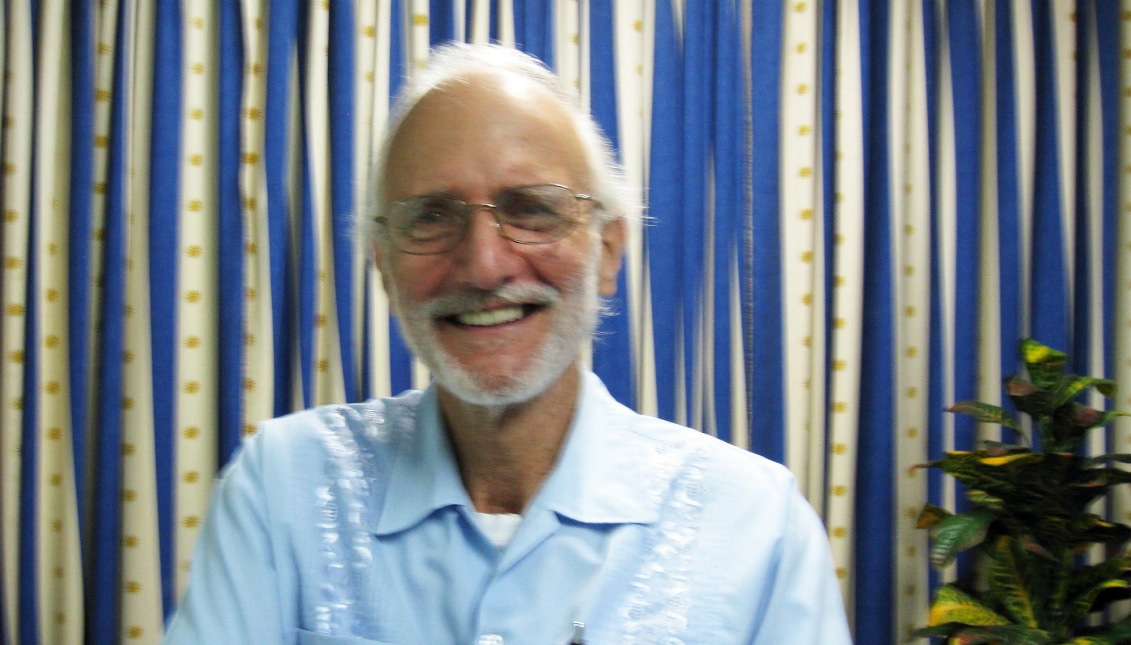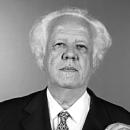
A new day for U.S. & Cuba
MÁS EN ESTA SECCIÓN
After five decades, the United States eases some of the sanctions put in place in 1961, and resumes diplomatic relations with the island nation
It was bound to be controversial.
After the U.S. swapped three imprisoned Cuban spies for an American spy held in Cuba for the past 20 years, along with a humanitarian worker Alan Gross, the Obama administration announced it would take steps to overhaul U.S. policy toward Cuba.
High profile Cuban-American conservatives like Sen. Marco Rubio and not-usually-quite-so-conservative Sen. Robert Menendez echoed the long-held belief that any easing of the embargo gives the appearance of vindicating the Castro brothers’ repressive regime. They were, in a word, furious.
Meantime, a younger generation of Cuban-Americans is far more positive — if still cautious — about what these first steps might mean. Philadelphia writer Carmen María Machado said, “I’m cautiously optimistic. I don’t think everything is going to change overnight, but anything that creates more mobility in the Cuban economy is going to be good for the people.”
Machado’s brother, Mario, who is a geographer focused on sustainable development and other issues in Latin America, Africa and the Caribbean, is more blunt: “The embargo is a joke, a political tool to keep the Castro-hating Cuban-American community (who has a lot of political weight, especially in Florida) happy, but it has only functioned to make life harder for normal Cubans and done almost nothing to destabilize the Castro regime. I know the embargo is not over completely, but this announcement is certainly a step in the right direction.”
“I traveled to Cuba a few years ago and am currently developing some research to work in the island over the summer,” Mario adds, “and hopefully for the next few years as well. The limitations for travel and funding to Cuba (for instance, NSF will not give grant money for research in Cuba) make bridging the political and cultural gap that much harder. We have done ourselves no favors and certainly not done Cubans any favors either. The lifting of these travel restrictions, on one level, elicits a ‘Well it’s about time’ sort of response. On another level, its arrival is welcomed but not without its share of reservations.”
Joe Iriarte, another Cuban-American writer living in Florida, says: “I’m not a hard-liner on the embargo; I don’t believe it has been effective. (And we certainly don’t seem to have the same restrictions on, for instance, trade and travel with China.) I think this position is common among Cuban-Americans of my generation who live outside of Miami. So if the announcement is a loosening of the embargo or travel restrictions, I have no complaints.”
In making his announcement, President Obama thanked Pope Francis for urging the prisoner exchange and the beginning of normalization talks. He also thanked a bipartisan group of congresspeople who helped secure the release of Alan Gross.
The key components of the new U.S. policy include reestablishing diplomatic relations, including a U.S. embassy in Havana. Travel categories will be expanded, and the dollar limit on remittances sent to family members in Cuba will be raised.
The new policies also allow expanded sales and export/import opportunities, as well as interaction between financial institutions from both countries.
In Cuba, the concurrent announcement by Raul Castro was followed by the pealing of bells. In the offices of AL DÍA, a recent emigre who actually lived under the hardships imposed by the embargo, quietly wiped tears from his eyes as Obama spoke.
“Todos somos americanos,” Obama said during his speech, and the instant twitter hashtag the statement created seems fitting for a day that will be remembered as marking new possibilities for all of us in the Americas.






DEJE UN COMENTARIO:
¡Únete a la discusión! Deja un comentario.